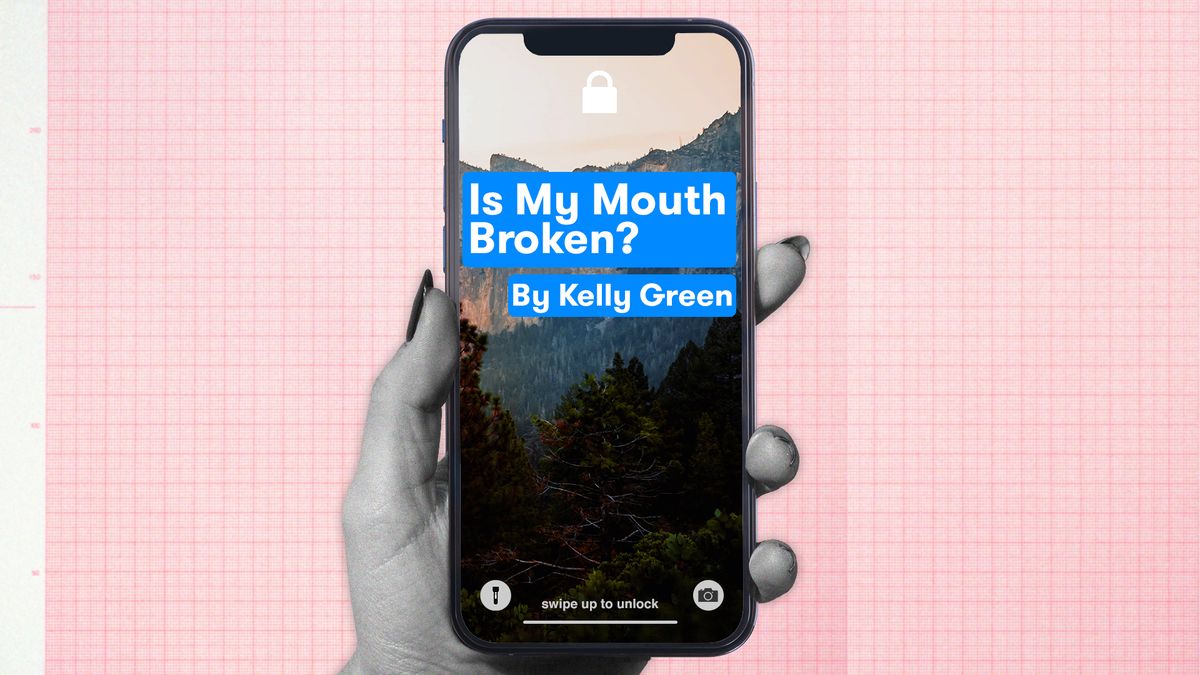The pursuit of busyness has become an essential metric of success. Gone are the days of working a 9-to-5, pausing for an hour lunch, going home, and turning off the job. Now, employees are staying late at the office, only to open their laptops up at home for post-dinner work sessions. And in pandemic times, working remotely has turned into scheduling family, friends, and self-care around work, which is often done in the same place as their home. Traditionally, Americans have been taught to put yourself out there, land the job, secure the big assignments, rock your to-do list, rake in as much money as possible — and then do it all over again tomorrow.
Being proactive, productive, and efficient definitely has its advantages. Octavia Goredema, a career coach and the author of Prep, Push, Pivot: Essential Career Strategies for Underrepresented Women, for instance, notes that as a first-time author, she would not be in the position she is in now if she hadn’t hustled hard for a sustained period of time. “I’m not alone,” she explains. “The same applies to so many people who are working toward their goals.” Sometimes deadlines require buckling down extra hard to get things done. And setting objectives, like landing a job or securing a new client, and working hard to achieve them have undeniable payoffs. But when your daily speed becomes hustling, as has become more of the societal norm in recent years, you may not be doing yourself any favors.
A fast track to burnout … and instability
For most people, a nonstop pace is not a winning formula over the long haul. The main drawbacks, says Dr. Jack Wiley, co-author of Respect: Delivering Results by Giving Employees What They Really Want, “are obvious: the deterioration of physical and psychological well-being.” Rest is essential to our well-being and to functioning at a high level. And heightened stress from continuously pushing ourselves to meet unrealistic demands leads to burnout, which Wiley describes as “a condition good to neither the individual nor the organization.” A working life that lacks balance can also wreck harmony in a marriage, family, and friendships.
Hustle culture may, ultimately, put our jobs on the line. “People who work at a breakneck pace can end up making poor ethical or even poor legal decisions — for example, the ‘move fast and break things’ approach or, say, Elizabeth Holmes and her quest to change the medical industry,” explains Dr. Alice Boyes, the author of Stress-Free Productivity. The greatest enemy of productivity, she says, isn’t goofing off; “it’s people trying to succeed by doing a huge volume of work with a low potential impact.”
Another drawback, says Amy Launder, a U.K.-based psychotherapist and psychological coach, is the competitiveness that this engenders. The idea of getting ahead, she explains, implies that you are trying to beat someone else — that you’re in a race, which implies that you cannot slow down. “I’ve heard hustle culture be described as a vertical treadmill where, if you stop or slow down, you will crash and fall,” Launder says. Thus, there’s an inherent franticness embedded within hustle culture.
And while there are skills, competencies, and principles that can spring from the notion of hustling that can definitely be beneficial, it only works in moderation, says K.A. Perkins, the author of Hustle Culture Workbook. He equates finding the balance to having a glass of wine. “There are health benefits in drinking wine, but studies show that the overconsumption of wine can be detrimental,” he explains. “It’s all about finding that balance in between the benefits.”
Here are some ways in which experts recommend achieving that:
Consider the big picture
“We just need to embrace and recognize everything you need to thrive, in addition to working hard,” says Goredema. Maintaining health and well-being are just as important as landing a bigger paycheck or moving up the corporate ladder. They’re also essential so you can actually enjoy the benefits of your hard work. “We’re all human; we tend to compare ourselves with others constantly,” explains Goredema. Sometimes, she says, it’s important to stop and remember it’s not a race.
Take back your time
Celeste Headlee, author of Do Nothing: How to Break Away From Overworking, Overdoing, and Underliving, suggests keeping a diary of what you are spending your time on and analyzing it weekly. “When you start realizing that you’re spending two and a half hours a day on Instagram and you only have five hours a day of disposable time, you start to ask yourself, ‘Is that where I want my time to go?’” she says. Reallocate that time to self-care.
Set boundaries
“Evaluate where the expectations are for yourself relative to time, money, relationships, or other areas, and then set rules for each,” suggests Kia Jarmon, a leadership consultant in Nashville. So, if you have to pick your children up from school and get them to bed between 5 and 8 p.m., vow to not respond to non-emergency calls or emails during that time. “People will begin understanding how to provide grace to you,” Jarmon says. “But the most important way for this to work is to be committed to giving yourself grace.”
Recognize when you’re overdoing it
“If there are times where you feel completely overwhelmed with demands, or there literally aren’t enough hours in the day, something needs to shift,” says Goredema. Launder adds that self-employed individuals can be especially prone to this: “A surefire sign of burnout is feeling panicked at the idea of taking time off and yet unmotivated by the idea of working and losing interest in your passion or your business.” She suggests setting an “end of the day” time to signal the end of your workday and sticking to it.
Speak up at work
“It’s okay to tell your boss, ‘Hey, you know what? Instead of giving this to you tonight, I can get it done tomorrow,’” says Perkins. He challenges people to ditch the habit of over-promising for being open about the things you’re able to accomplish in a timely manner. And communicate your boundaries when interviewing for a new job up front. “Set out your personal and work-life balance goals and overall terms and conditions for employment,” suggests Wiley.
Revamp your social media feeds
“Stop following every single account that makes you feel like, ‘Oh, I can improve myself by doing X, Y, Z,’” says Headlee. “If you have a friend who’s constantly doing either home improvement, self-improvement, posting photos of their marathon, etc., and it makes you feel like you’re not doing enough, mute them.”
Calm your “to do” list
At the end of each day, fill out your list for the next day, leaving it to simply the things that absolutely need to be accomplished that day. “When you’ve finished them, be done,” says Headlee. Don’t work ahead or add new tasks. “Create a reasonable list of things for you to get done in today’s time,” says Headlee, “and when you’re done, be done.” And don’t be afraid to delegate when needed, whether that’s asking your partner to run an errand for you at home or having an assistant help you complete a task.
The new way of the world?
While for many there is the drive to push harder and harder, the pandemic has been a wake-up call for many people who are now rethinking their priorities. If you haven’t reevaluated the pace you’re working at, experts note that this can be a good time to stop and consider what’s important to you, if you’re making time for it, and how to achieve more balance in your life.
And look to younger generations for guidance, as millennials and Gen Zers are making self-care, travel, relationships, and balance more of a priority. “A lot of millennials and Gen Z will prioritize their mental health and quality of life over their finances and career status,” says Launder. “They will leave a job that makes them unhappy or that doesn’t offer a good work/life balance,” she explains. “Where their parents, for instance, would have worked from dawn until dusk and stayed with the same company for years.”
Nicole Pajer is a freelance writer whose work has been published in The New York Times, AARP, Woman’s Day, Parade, Men’s Journal, Wired, Emmy Magazine, and others. Keep up with her adventures on Twitter at @nicolepajer.
Get Shondaland directly in your inbox: SUBSCRIBE TODAY















